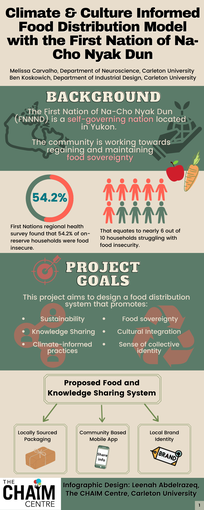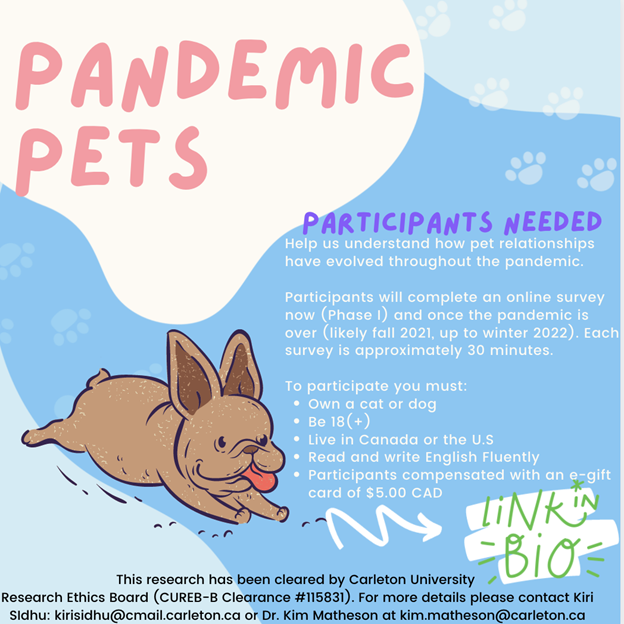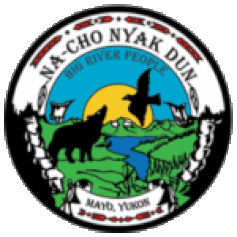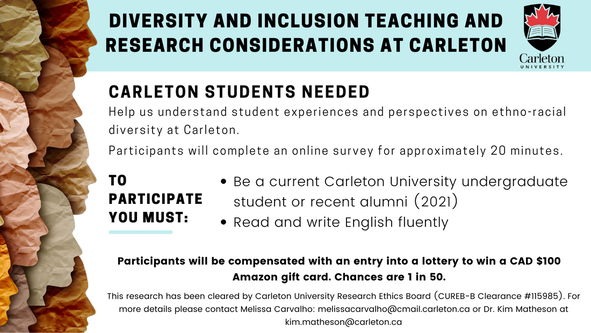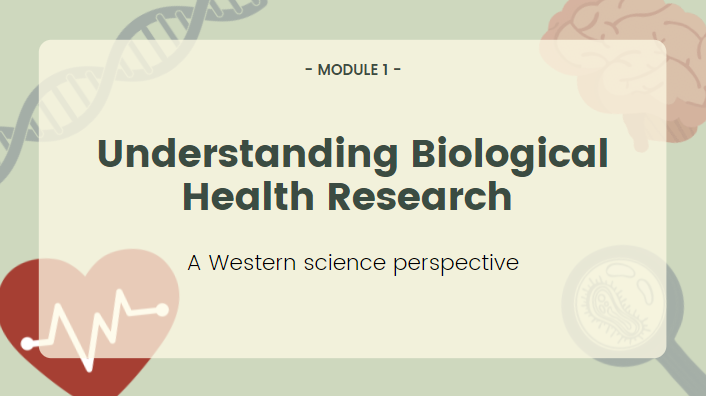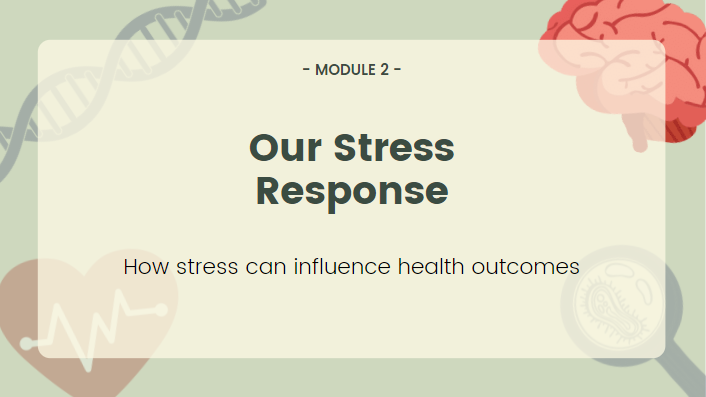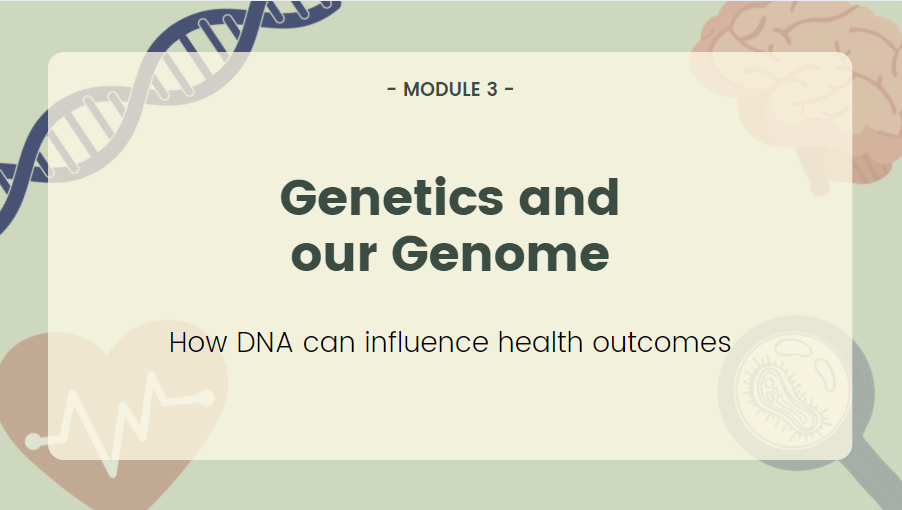2021 Community Projects Wrap-up
Researchers from multiple disciplines at Carleton University are working together with Indigenous communities to co-develop a community-led research training program that is interdisciplinary, interinstitutional, reflects a Two-Eyed Seeing approach, and encourages a mutually respectful alliance between Indigenous and non-Indigenous learners. Once the academic year wrapped up, DSRI students at our Centre brought together the main themes and results from 3 of the community projects in engaging infographics.
Pandemic Pets Study
The COVID-19 pandemic has left many individuals isolated within their homes and created an increase in the number of individuals adopting pets for companionship, family, etc. Pandemic Pets aims to understand how our relationships with our pets have evolved over the course of the pandemic, and how they might change after the pandemic. This study is led by Carleton Neuroscience Honours thesis student Sarah Kirkpatrick-Wahl, and intern Kiri Sidhu, who are under the supervision of Dr. Kim Matheson. Pandemic Pets is currently in the second phase of data collection.
First Nation of Na-Cho Nyak Dun - Tape Transcription Project
The First Nation of Na-Cho Nyak Dun (FNNND) is a self-governing nation located in Yukon. To foster culturally informed community iniatives, FNNND sought guidance from the voices of community Elders. Specifically, in the 1990s and early 2000s, community meetings were recorded as part of the community's efforts to document the stories of FNNND. FNNND provided the audio cassettes of these meetings, which were digitized, transcribed and coded in NVivo by DSRI students. A content of analysis of 18 tapes was conducted and the themes, coding and interpretations will be shared with community members.
EDI Considerations at Carleton Study
The study, Diversity and Inclusion Teaching and Research Considerations at Carleton University, was conducted to understand students’ experiences and perspectives on ethno-racial diversity and inclusion at Carleton. A team of 10 students, including the DSRI Students, CHAIM Centre Volunteers, and Research Assistants came together under the supervision of Kim Matheson to review the literature, talk with experts, and then created two surveys directed at Carleton faculty and students, respectively. Data collection has been completed, and is currently being analyzed.
Bioeducation Module Project for First Nations Communities
Over the course of the summer, Dr. Amy Bombay, Dr. Robyn McQuaid, and Dr. Kim Matheson together with students Karen Aglukark, Chelsea Montgomery, and Abbey Morris, collaborated with the Thunderbird Foundation to create a five-part series of training modules. The topics of the modules focused on biological health research for First Nations communities. These modules covered a wide range of topics including the stress response system, genetics, epigenetics, and the microbiome. The project takes a Two-Eyed Seeing Approach, emphasizing the interconnectedness of physical, mental, cultural, and spiritual well-being, and aims to empower First Nation communities to lead and become involved with biological health research that is beneficial and relevant to the needs of their community.


